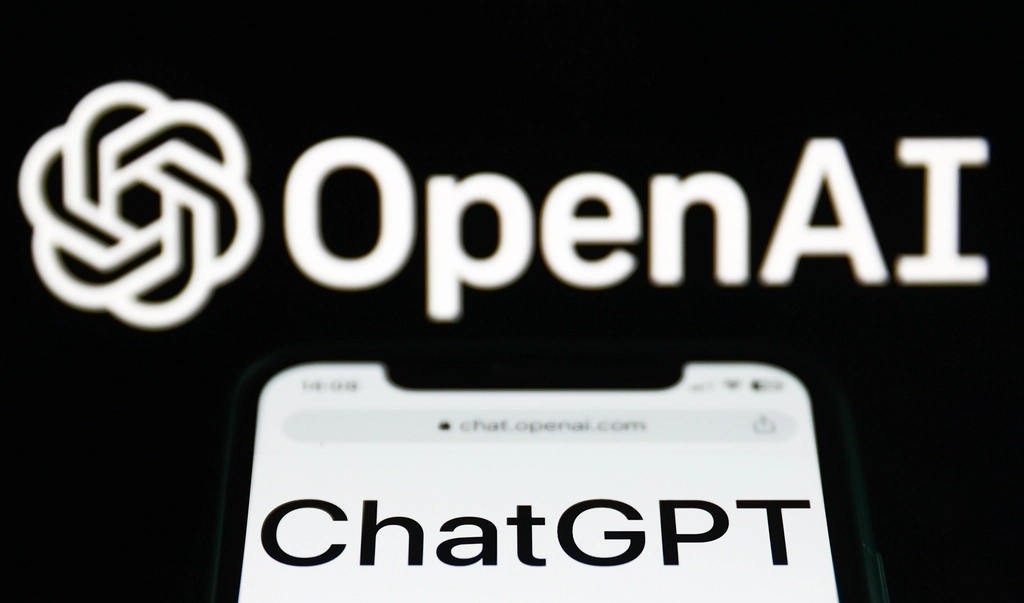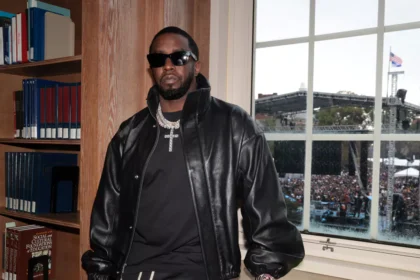OpenAI Chatbot ChatGPT which draws World intention since it was released to the public, could almost pass US Medical Licensing Exam. ChatGPT and other similar language models like it have had an outstanding impact on the field of human language processing. ChatGPT and other similar language models are powerful tools for processing natural language data quickly and accurately with the slightest human interference.
According to the study, the OpenAI ChatGPT could pass US Medical Licensing Exam. The study was published in the journal PLOS Digital Health, after testing the performance of ChatGPT on the US Medical Licensing Exams (USMLE). The performance test consisted of three medical knowledge in various disciplines, such as biochemistry, diagnostic reasoning, and bioethics.
The medical licensure required test was in the U.S. and it was conducted by medical students and physicians-in-training. After apart image-based questions and intermediate responses, OpenAI Chatbot stunned everyone as it scored 52.4 percent to 75.0 percent across the three USMLE. While the passing threshold is approximately 60 percent.
While ChatGPT also outscored PubMedGPT. PubMedGPT is a model that trained on biomedical domain literature, it scored 50.8 percent on older USMLE-style dataset questions. Tiffany Kung and Victor Tseng, the study authors noted that their findings provide a glimpse of ChatGPT’s potential to improve medical education.
Reaching the passing score for this notoriously difficult expert exam, and doing so without any human reinforcement, marks a notable milestone in clinical AI maturation.”
ChatGPT contributed substantially to the writing of [our] manuscript…We interacted with ChatGPT much like a colleague, asking it to synthesize, simplify, and offer counterpoints to drafts in progress…All of the co-authors valued ChatGPT’s input.”
Dr. Kung-highlighting that ChatGPT’s role in this research went beyond being the study subject




